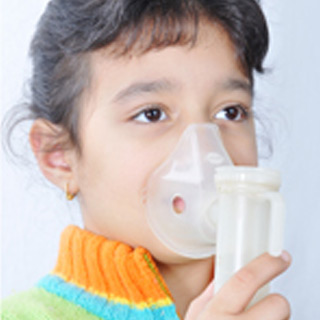
As part of the study, 279 inner-city African-American and Hispanic women were examined before, during pregnancy and after child birth. Some symptoms of asthma are night coughing, whistling noise or wheezing while breathing out, difficulty in breathing, rapid breathing, and frequent colds that collect in the chest.
“Approximately 70% of mothers who said they experienced high levels of anxiety or depression while they were pregnant reported their child had wheezed before age 5. Understanding how maternal health affects a child’s respiratory health is important in developing effective strategies to prevent asthma,†explained Marilyn Reyes, senior researcher at the Mailman School of Public Health’s Columbia Center for Children’s Environmental Health (CCCEH), and lead author of the study.
According to another senior author Rachel Miller, families that have low-income may face stress from varied sources that supposedly cause negative health results in children. Comprehending how these factors influence children’s health is an essential phase to develop effective medications. This study reveals the link between prenatal depression and asthma in the minority populace.
The findings are published in the July issue of Annals of Allergy, Asthma & Immunology, the scientific journal of the American College of Allergy, Asthma and Immunology (ACAAI).
